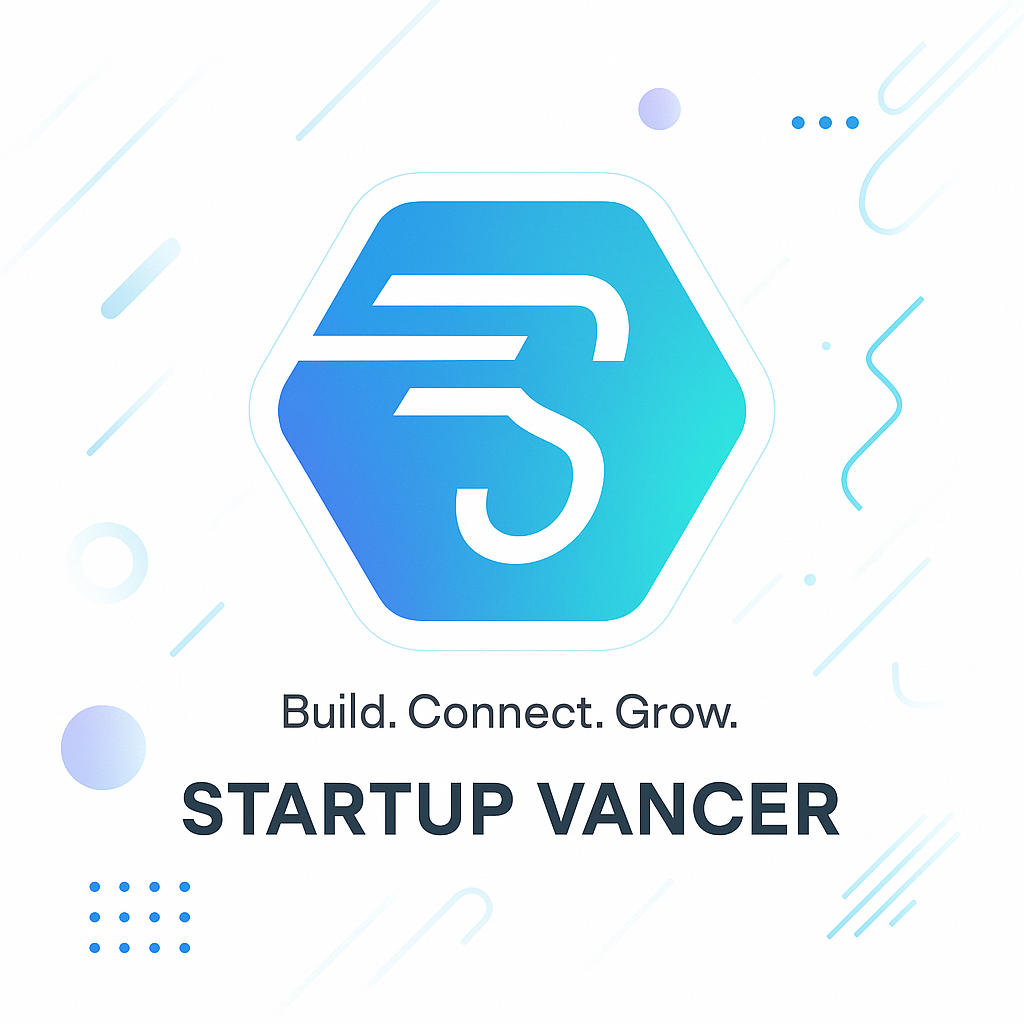
Starting a business while in school may seem daunting, especially when financial resources are limited. However, students can turn their entrepreneurial aspirations into reality by exploring innovative strategies. This guide delves into practical steps for Starting Business No Money, emphasizing the identification of low-cost business ideas and the utilization of existing resources and personal skills. Moreover, it outlines effective strategies to obtain financing without the need for significant capital. By leveraging creativity and resourcefulness, students can embark on their business journey and create a thriving venture that aligns with their passions and academic schedules.
Identifying Low-Cost Business Ideas
When embarking on the journey of Starting a Business No Money, identifying low-cost business ideas is crucial. Many students possess unique skills and interests that can be harnessed into profitable ventures. Below are some categories of business ideas that require minimal investment:
| Business Type | Description |
|---|---|
| Freelancing | Offer services like writing, graphic design, or programming online. Utilize platforms like Fiverr or Upwork. |
| Tutoring | Leverage academic strengths to provide tutoring sessions, either in-person or via online platforms. |
| Handmade Crafts | Create and sell handmade items through platforms like Etsy, using materials that are readily available. |
| Dropshipping | Start an online store without holding inventory; partner with suppliers who ship directly to customers. |
| Social Media Management | Manage social media accounts for small businesses, utilizing existing knowledge of platforms like Instagram and Facebook. |
By brainstorming around personal skills, interests, and available resources, students can effectively identify viable business ideas that require little to no initial capital. Taking advantage of community resources and online tools can further reduce costs, making the entrepreneurial path more accessible.

Leveraging Resources and Skills
In the journey of Starting Business No Money, students can capitalize on their unique resources and skills to gain a competitive edge. By identifying and utilizing personal strengths and available resources, they can transform ideas into viable businesses without substantial financial investment.
| Resource/Skill | Leveraging Strategy |
|---|---|
| Network | Build relationships with mentors and peers, exchanging services or advice. |
| Skills | Use existing talents (e.g., graphic design, writing) to offer freelance services or consult. |
| Technology | Leverage free or low-cost software tools for marketing and project management, like Canva or Trello. |
| Time | Dedicate spare time to research and learn new skills through online courses, improving their business acumen. |
| Community Resources | Seek out local resources such as libraries and community centers that offer free workshops or business support. |
By strategically utilizing available assets, students can effectively navigate the limitations imposed by a lack of funds, showcasing the importance of creativity and determination in Starting Business No Money.
Strategies for Financing Your Business Without Money
Financing a business without capital can be challenging, yet students can utilize various innovative approaches to start their entrepreneurial journey. Here are several effective strategies to consider:
| Strategy | Description |
|---|---|
| Crowdfunding | Platforms like Kickstarter or Indiegogo allow individuals to raise funds by presenting their ideas to potential backers. |
| Bartering Services | Trade skills or products with fellow students or local businesses to obtain services needed for starting the company. |
| Small Business Grants | Research and apply for grants targeting student entrepreneurs, which can provide financial support without repayment obligations. |
| Angel Investors | Network with local entrepreneurs or investors who might be interested in supporting innovative ideas, often in exchange for equity. |
| Partnerships | Collaborate with a partner who can provide resources or funding in exchange for a share in the business. |
By implementing these strategies, aspiring entrepreneurs can effectively navigate the potential roadblocks associated with Starting a Business No Money. Utilizing available resources creatively can lay a solid foundation for a successful venture.
Frequently Asked Questions
Is it really possible to start a business with no money?
Starting a business with no money is challenging but not impossible. It requires creativity, resourcefulness, and a strong commitment to the business idea. Entrepreneurs can utilize free resources such as social media for marketing, collaborate with others for shared expenses, and focus on service-based businesses that require minimal overhead. Creativity in leveraging available skills and assets often becomes a crucial factor in launching a venture without upfront capital.
What are some low-cost business ideas for students?
Students looking to start a business on a budget can consider a variety of low-cost ideas. Freelancing in areas like graphic design, writing, or tutoring can be initiated with little to no investment. Additionally, creating an online store using dropshipping methods allows students to sell products without holding inventory. Other viable options include offering digital services, pet-sitting, or event planning, all of which require minimal initial expenses and can be managed alongside academic commitments.
How can students find funding or resources to start their business?
Students can explore various avenues for funding and resources to support their business ventures. Many universities offer grants, scholarships, and pitch competitions specifically for student entrepreneurs. Additionally, utilizing online crowdfunding platforms can attract potential investors interested in innovative ideas. Networking with local business owners, mentors, and alumni can also provide valuable insights and connections that can lead to financial or resource support for new ventures.






